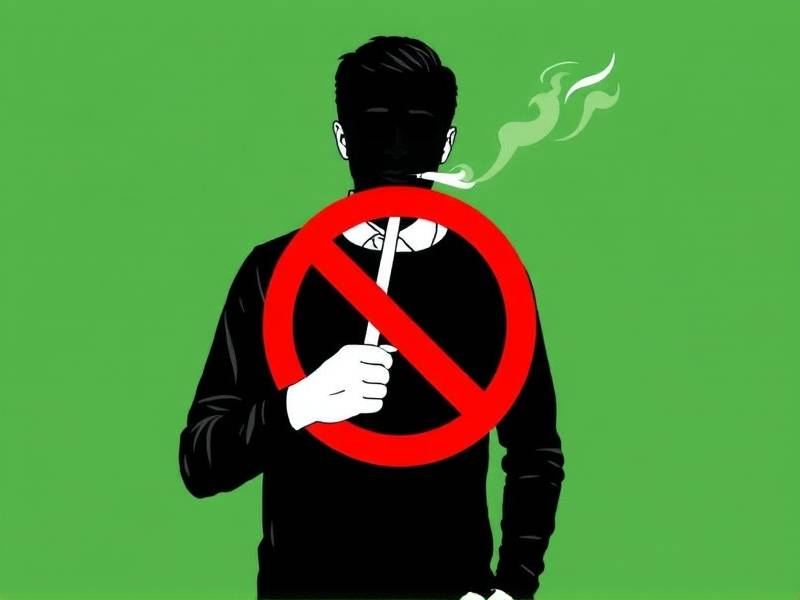Is It Possible to Quit Smoking Weed? A Comprehensive Guide to Helping You Stop This Habit
Introduction: The Reality of Weed Addiction
Weed, also known as cannabis, has become increasingly popular in recent years. However, its use can lead to addiction and various health issues. If you're struggling with weed dependence and looking for a way out, you're not alone. This comprehensive guide will explore the possibility of quitting smoking weed and provide practical tips to help you overcome this habit.
Understanding the Challenges of Quitting Weed
1. Physical Symptoms
Quitting weed can result in physical symptoms such as anxiety, irritability, insomnia, and loss of appetite. These symptoms are often referred to as withdrawal effects.
2. Psychological Factors
The psychological aspects of quitting weed are equally challenging. You may experience cravings, mood swings, and difficulty concentrating.

3. Social Pressure
Friends or social circles that encourage weed use can make it harder to quit. Dealing with social pressure is a crucial step in overcoming addiction.
Strategies for Quitting Weed
1. Set Clear Goals
Before embarking on your journey to quit smoking weed, set clear and achievable goals. Start by defining what "quitting" means for you – whether it's reducing usage or completely abstaining.
2. Develop a Support System
Seek support from friends, family members, or support groups who understand your struggle and can offer encouragement throughout your journey.
3. Create a Plan
Develop a plan that includes strategies for managing withdrawal symptoms and addressing triggers that may lead you back to smoking.
4. Substitute Activities
Engage in healthy activities that substitute the time and social aspect of smoking weed. This could include exercise, hobbies, or joining new social groups.

5. Use Over-the-Counter Supplements
Consider using over-the-counter supplements like melatonin for sleep issues or CBD oil for anxiety relief.
Alternative Therapies
In addition to traditional methods, some individuals find success with alternative therapies:
1. Mindfulness Meditation
Mindfulness meditation helps individuals stay grounded and focused on their goals by promoting relaxation and reducing stress.
2. Hypnotherapy
Hypnotherapy can be an effective tool for dealing with cravings and addressing the root causes of addiction.
The Importance of Patience
Quitting any addictive habit requires patience and persistence. Understand that setbacks are part of the process – don't be discouraged if you face challenges along the way.
Conclusion: Your Journey to Recovery
Is it possible to quit smoking weed? Absolutely! By understanding the challenges you'll face and implementing a comprehensive plan that addresses both physical and psychological aspects of addiction, you can overcome this habit and improve your overall well-being.
Remember that seeking professional help is always an option if you find yourself struggling with quitting on your own. With determination and support from loved ones, anyone can take steps towards a healthier life free from weed addiction.
